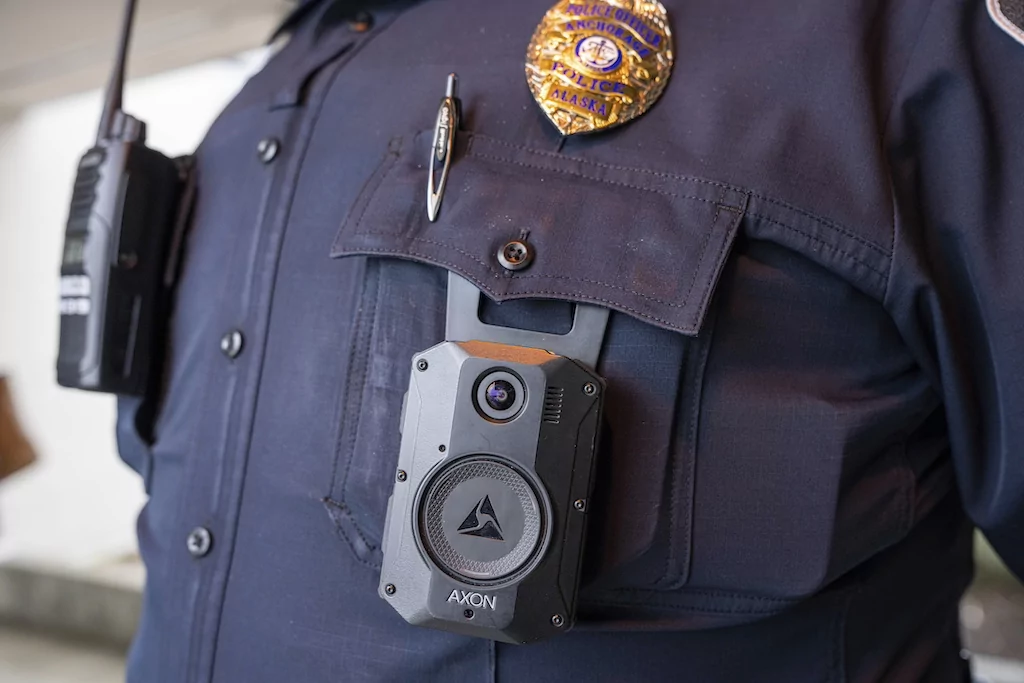

A new lawsuit is challenging the use of some police body cameras in an effort to ban one of the country’s most popular police body cameras from all political events related to the 2024 presidential election cycle due to alleged vulnerabilities to Chinese espionage.
A federal judge agreed to expedite the case ahead of the Democratic National Convention in Chicago and, if successful, would ban the use of those police body cameras in and near the convention. GovernmentGPT, a competing law enforcement tech startup, filed the lawsuit in the U.S. District Court for the District of Arizona.
“These chips allow for potential real-time surveillance, GPS tracking, and data interception by foreign adversaries, compromising the security of law enforcement operations and high-profile events,” GovernmentGPT alleged in its court filing.
The company believes Axon’s cameras could be breached by Chinese espionage because the chips used in the body cameras come from a Chinese company called Quectel. The lawsuit includes an emergency motion to ban Axon’s Body 4 cameras at events pertaining to the 2024 election, including next week’s DNC.
The Chicago Police Department uses Axon 2 body cameras, but other law enforcement agencies are expected to come to the city to help secure the event. More than 14,000 law enforcement agencies use Axon cameras.
The lawsuit cites a “grave threat to our national security” because the Chinese chips used in the latest model of the Axon body cameras allow for real-time streaming from the cameras to police headquarters. The chips are also internet-connected, similar to smart doorbell cameras and smart thermostats.
Before the lawsuit, elected officials expressed concerns about the company’s possible ties to China. Former Rep. Mike Gallagher, who was the chairman of the House Select Committee on the Chinese Communist Party, and ranking member Rep. Raja Krishnamoorthi (D-IL) urged the secretaries of the Treasury and defense to denote Quectel as a “Chinese Military Company,” which would effectively restrict Americans from investing in it.
“We have obtained information about Quectel that raises questions about whether Quectel may meet the legal requirements to be added to the lists, and accordingly respectfully request to be briefed on this matter,” a letter from Gallagher and Krishnamoorthi reads.
CLICK HERE TO READ MORE FROM THE WASHINGTON EXAMINER
The House select China committee sent a prior letter to the Federal Communications Commission in August 2023 regarding Quectel’s ties to the Chinese government.
“Tackling [Chinese] cellular IoT modules is a natural next step for the FCC, in consultation with appropriate national security agencies,” the letter reads. “For one, Quectel and Fibocom supply companies whose equipment is already on the FCC’s Covered List. The equipment on this list poses a national security threat to the U.S. and may not receive authorization for importation or sale in the U.S. Similar scrutiny should be considered for any [Chinese] cellular IoT modules in this equipment.”






